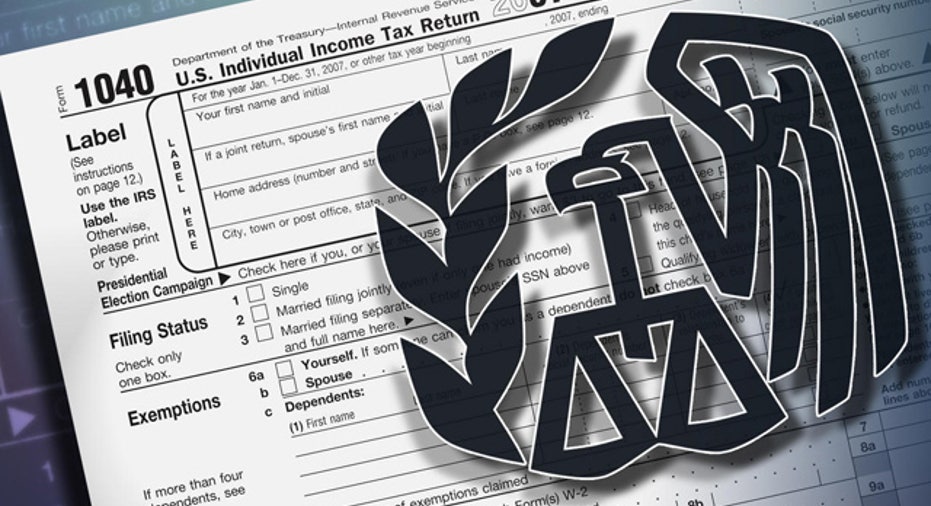6 Ways to Avoid an Audit

Historically, small business owners have a greater chance of being audited than the average wage-earner. No one really knows that exact reason why the IRS selects a particular return for examination, but there is plenty of speculation.
Many say the IRS believes that many business deductions listed on Schedule C may actually be personal in nature and therefore, nondeductible. The IRS also tends to question if all business income has been included.
In each audit in which I’ve participated, I ask why the return was selected, and the auditor almost always answers, “I don’t know.”
However, when I press further and ask for a best guess, I get a lot of reasons and insight. Here is what I’ve learned over the years:
Check for data entry errors. Mismatch of numbers between the tax return and third-party documents submitted to the IRS will bring your tax return under scrutiny. Make sure the numbers you enter into your tax return match the numbers from your source documents.
If you enter $14 instead of the amount listed on your 1099-INT of $1,114, the computers at the IRS service center will clang warning bells and you will get a letter and bill from the agency or an audit invitation. After all, if you didn’t get that one right, you obviously didn’t review your return before you signed and you may have other errors.
Hire a tax professional. A tax professional’s signature on your tax return may not necessarily ward off an audit, but it can lend more credibility than a self-prepared return. I have been told by IRS employees that self-prepared returns are often picked for audit. After all, the tax professional knows the rules and treatments of transactions and can be relied upon to prepare an accurate return.
If the IRS sees a Schedule C on the tax return, it knows that the intricate rules involved in its preparation tend to be beyond the scope of the average taxpayer, and the IRS may want to check it out. By the same token, tax professionals are human and can also make errors. So double check the numbers on the tax return before signing and filing. You, the taxpayer, are ultimately responsible for the content.
Don’t round your numbers. Whenever I get a new client, I ask for copies of previous returns because it’s important to review the history to ensure that when preparing the current return, every item of income and expense has been included.
When reviewing prior year returns, I often see rounded off numbers on the Schedule C - $600 for office expense, $1,200 for telephone. That essentially screams, “I did not keep books and records! I’m guessing!”
Be prepared to defend red flag inducing items like automobile expense, travel, meals, and entertainment. High numbers in these categories set off alarms at the IRS. The claims may be justified and defendable, but the IRS may want to take a look at those items. And if it makes adjustments not in your favor, it may want to open up other areas and possibly other tax years for examination.
Report all income. If your business receives Forms 1099 declaring how much income you received, make sure you show that plus any other income on your Schedule C. Note that bank interest received on business accounts belongs on Schedule B, not Schedule C.
File your tax return electronically. This prevents data entry error within the IRS which would cause a mismatch of data and therefore the pulling of your tax return for audit.



















